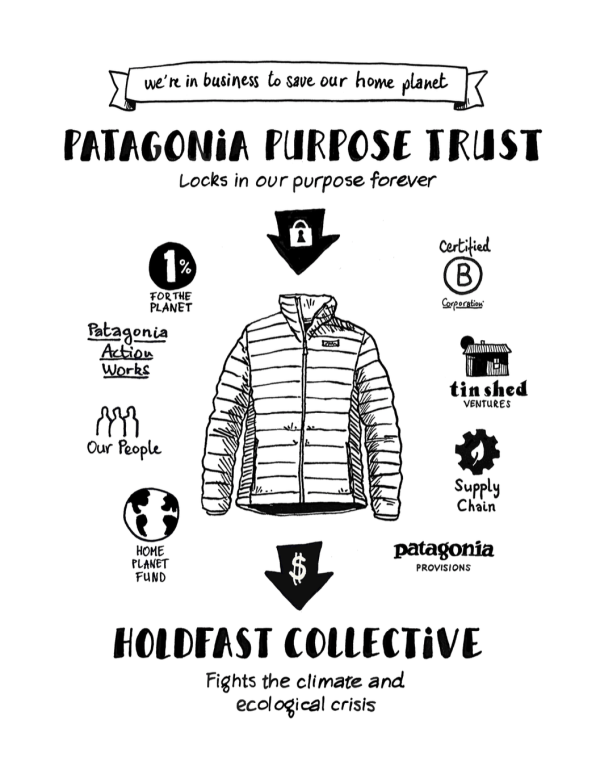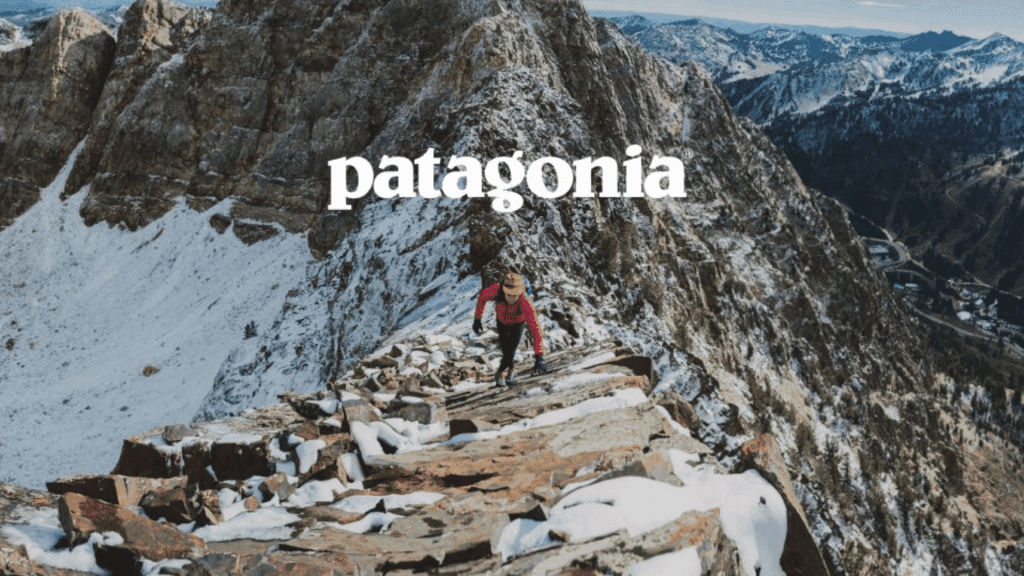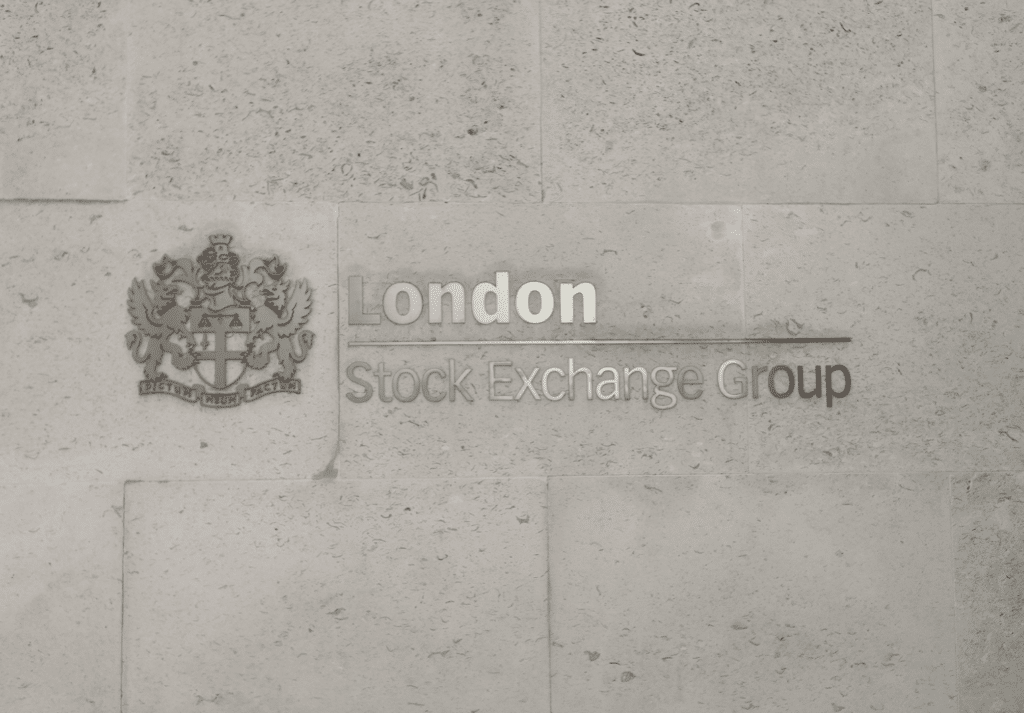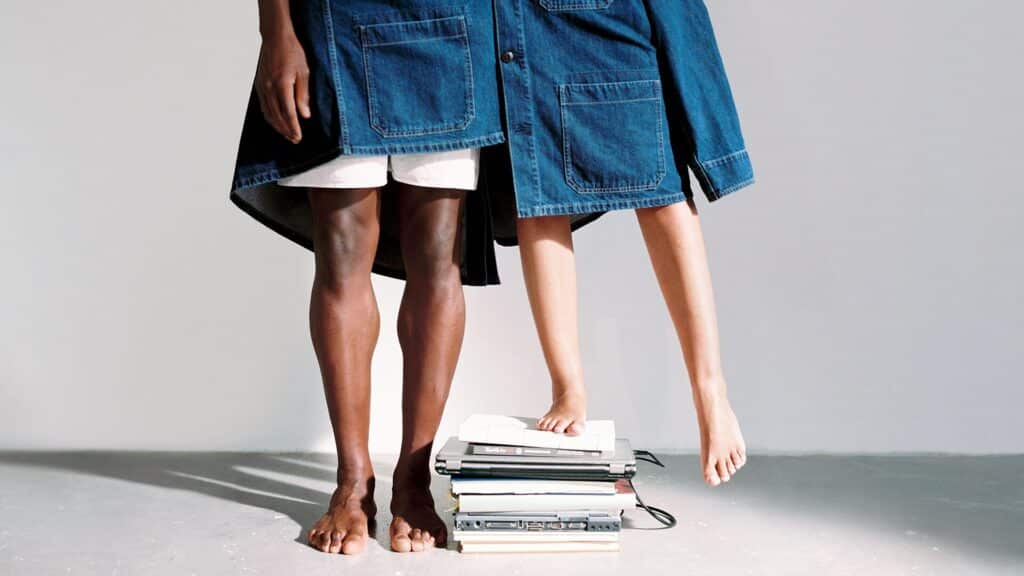Last month, Patagonia quietly underwent a drastic restructuring. In a two-part transaction, its founder Yvon Chouinard and his family took their $3 billion ownership stake in the privately-held outerwear-maker and transferred it to two newly-created entities in an attempt to up the ante in terms of what the company is doing to “address the environmental crisis.” The restructuring of Patagonia will help to “preserve the company’s independence and ensure that all of its profits – roughly $100 million per year – are used to combat climate change and protect undeveloped land around the globe.” The move, as first reported by the New York Times on Wednesday, has “no precedent in the business world.”
In a lengthy statement on Wednesday, entitled, “Earth is now our only shareholder,” 83-year-old Chouinard, who founded Patagonia in 1973, broke down the headline-making deal, stating that 100 percent of Ventura, California-based Patagonia’s voting stock has been transferred from his family to the Patagonia Purpose Trust, a new entity “created to protect the company’s values.” The Trust, which will be overseen by the Chouinard family and the company’s board, is “intended to ensure that Patagonia makes good on its commitment to run a socially responsible business and give away its profits,” the Times reports.
At the same time, 100 percent of the non-voting stock held by the family has been given to the Holdfast Collective, a 501(c)(4) nonprofit that they created (and will similarly oversee) that is “dedicated to fighting the environmental crisis and defending nature.” Still yet, while Patagonia will continue to operate as a for-profit business, Chouinard says that “each year the money we make after reinvesting in the business will be distributed as a dividend to help fight the crisis.” So far, Patagonia has donated $50 million to the Holdfast Collective, and “expects to contribute another $100 million this year, making the new organization a major player in climate philanthropy.”

As for how the family, which consists of Mr. Chouinard, his wife and two children, got to this point, the founder says that it was purely the result of a lack of other viable options on the succession-planning front. Against the background of their quest to better help address the environmental crisis, Chouinard contends that “one option was to sell Patagonia and donate all the money,” but that did not come to be, he says, as the family “couldn’t be sure a new owner would maintain our values or keep our team of people around the world employed.” With a sale out of the picture, another path – which Chouinard says would have been a “disaster” – was to take the company public. However, “Even public companies with good intentions are under too much pressure to create short-term gain at the expense of long-term vitality and responsibility,” according to Chouinard.
With “no good options available,” Chouinard stated that he and his family created one of their own, and have fully divested themselves of their ownership of the company as the latest example of the “experiment in responsible business” that he started almost 50 years ago.
The challenge now, Fast Co.’s Jeff Beer writes, will be to ensure that the new structure is not subject to “unforeseen changes over the years and even decades—to prevent potential future abuse.” As for what the Chouinard have planned, Beer states that for the Holdfast Collective, “in the case of potential abuse, if the company board doesn’t remove the CEO, the Patagonia Purpose Trust would be empowered to do it.” And because there are “no individual beneficiaries and the stock can never be sold, there is no financial incentive, or structural opportunity, for any drift in the Purpose Trust’s objective of maintaining Patagonia’s purpose.”
Ultimately, Chouinard says that “if we have any hope of a thriving planet – much less a thriving business – 50 years from now, it is going to take all of us doing what we can with the resources we have. This is another way we’ve found to do our part.”
UPDATED (Sept. 15, 2022): The deal has raised some eyebrows from a tax perspective, with Bloomberg reporting that while Chouinard will owe $17.5 million in gift taxes for the shares he transferred to the Patagonia Purpose Trust, he will not “have to pay the federal capital gains taxes he would have owed had he sold the company.” On a $3 billion sale, those taxes “could be more than $700 million,” per Bloomberg, which notes that the way the deal is structured means that Chouinard will be able to “avoid the U.S. estate and gift tax, which is a 40 percent levy on large fortunes when they are transferred to heirs.”














